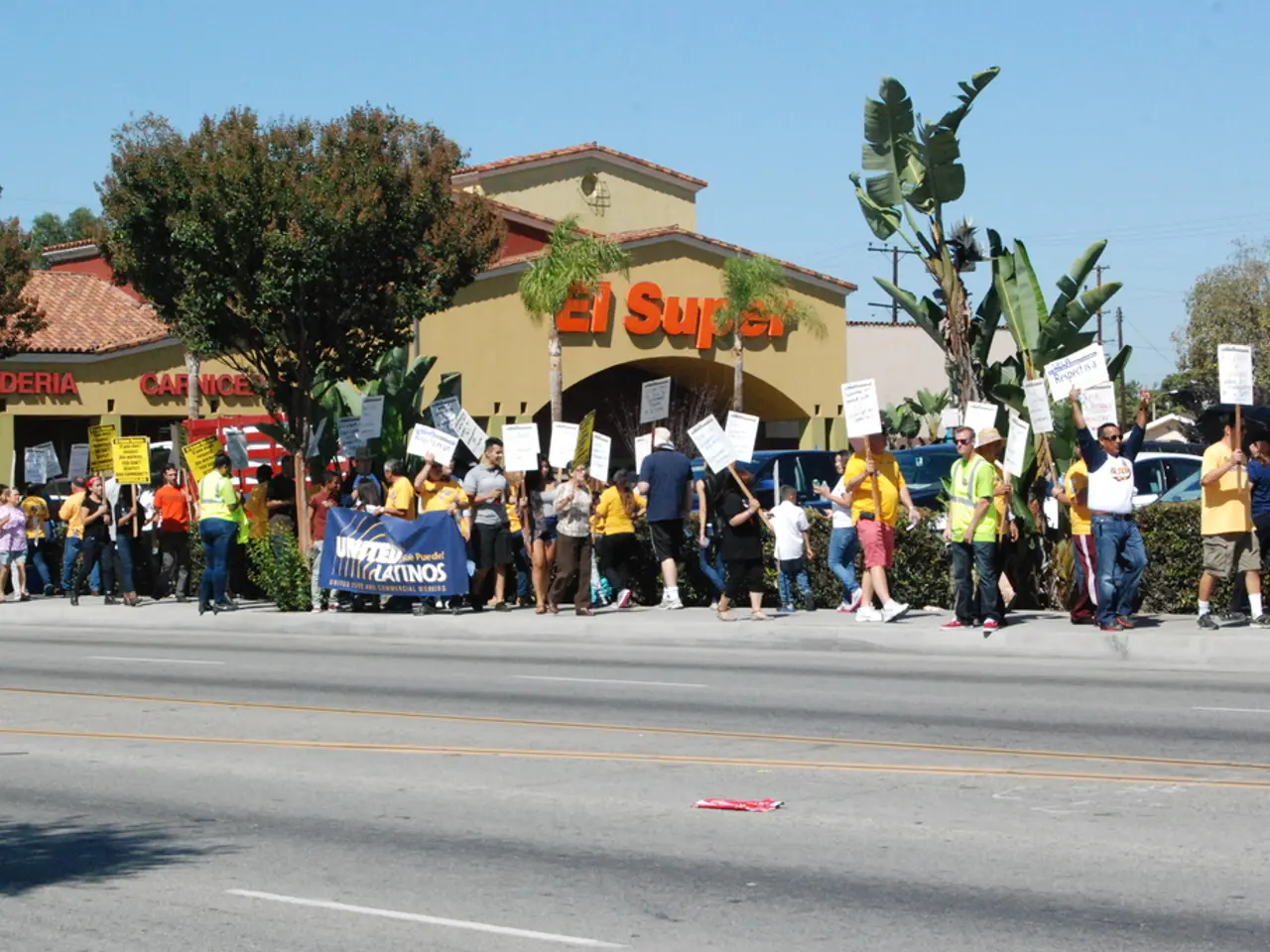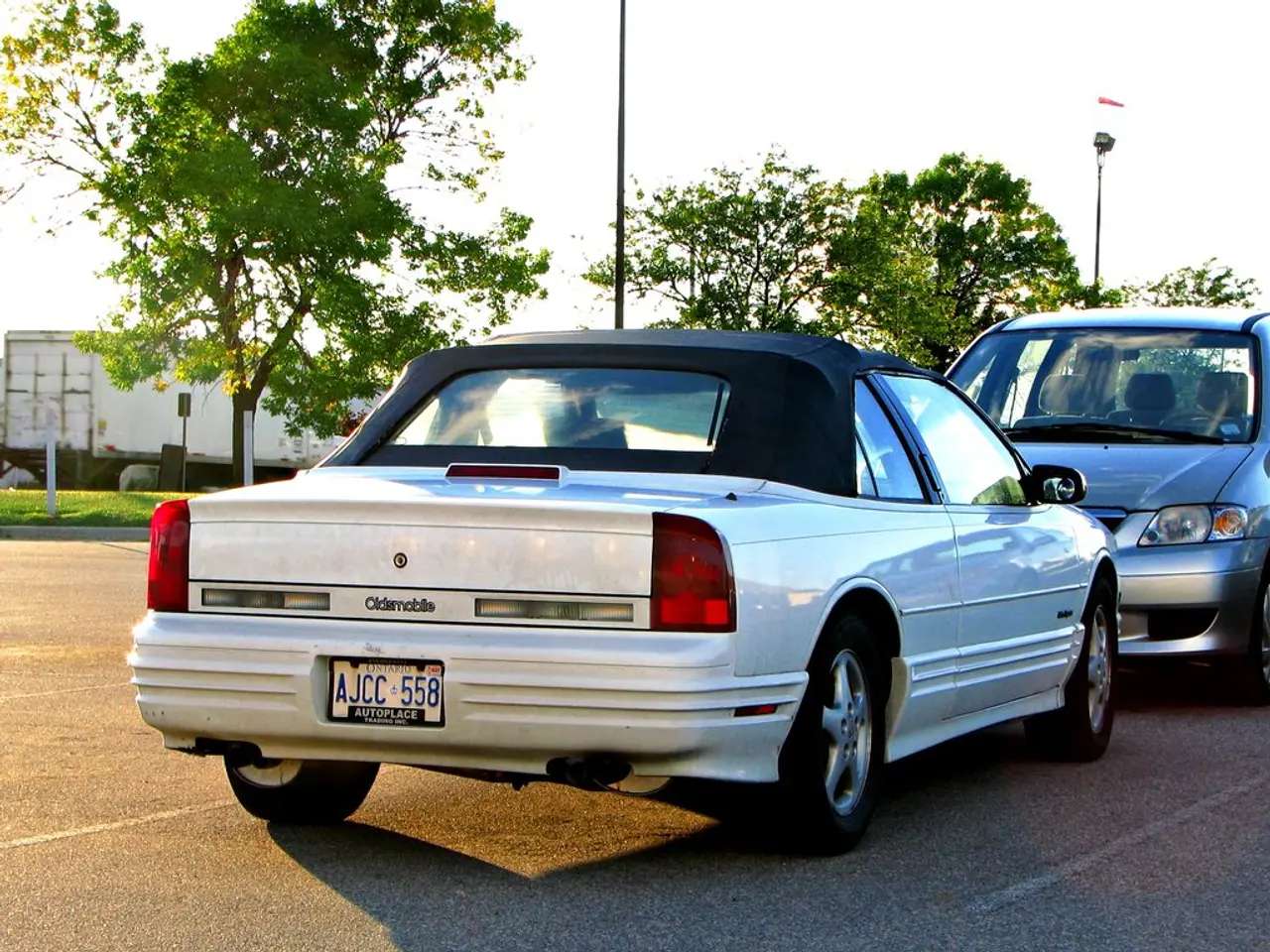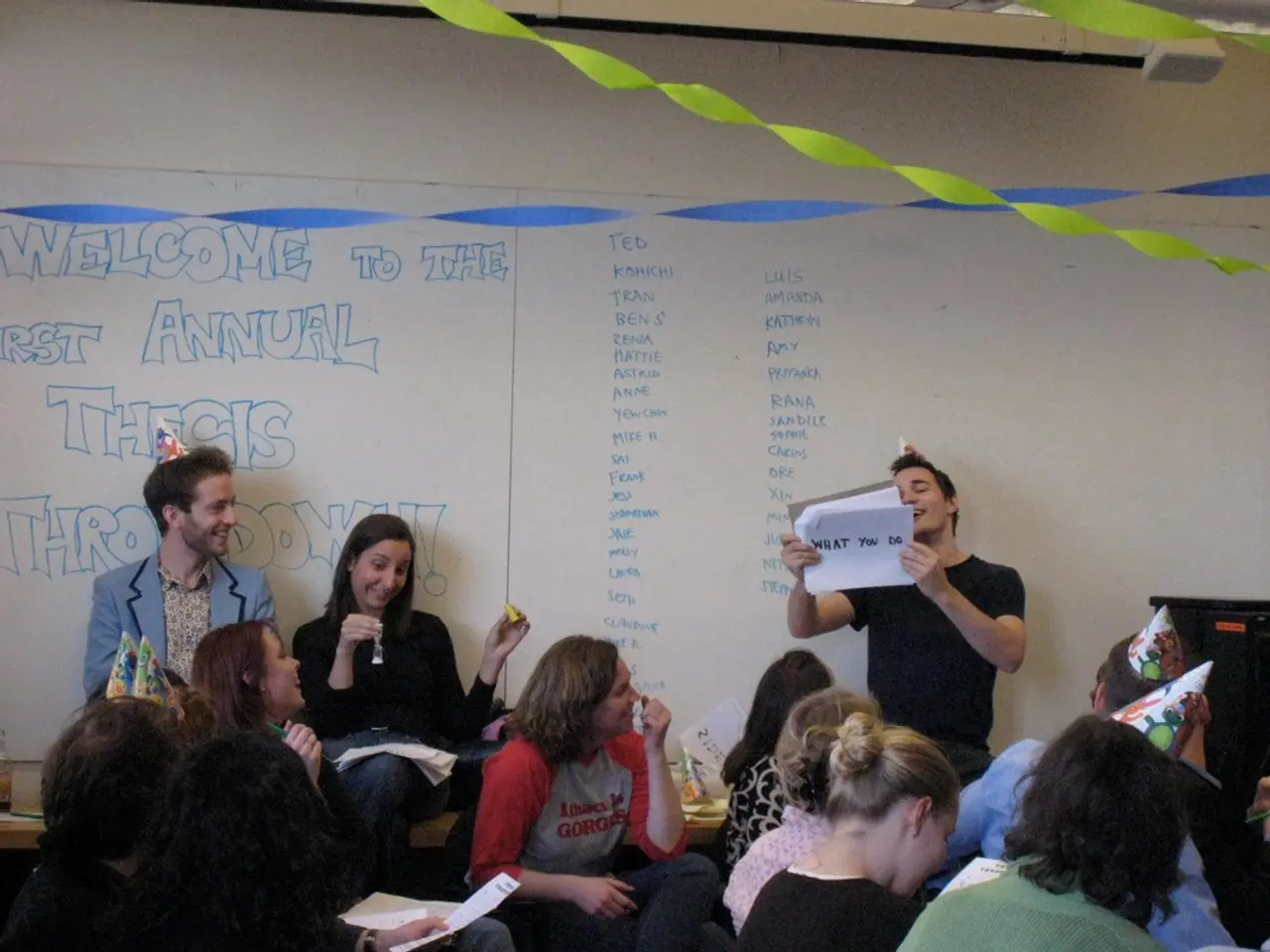Poll results prompt concern for Merz as AfD closes in from behind
In a recent poll, the Alternative for Germany (AfD) has made significant gains, reaching 25% in support, while the Union (CDU/CSU) has seen a drop to 27%. This shift in political allegiances reflects a complex interplay of factors that have propelled the AfD to the forefront of Germany's political landscape.
One key factor is the AfD's strong regional support in Eastern Germany, where it has become the first far-right party since the Nazi era to win a plurality of seats in the 2024 Thuringian state election. In the 2025 federal election, the party won nearly a third of the votes in each East German state and a substantial portion in some western states as well, propelling them to second place nationally and even ahead of the Union in some opinion polls by April 2025.
The AfD's rise can also be attributed to its strategic adoption of tactics inspired by the successful polarization strategies of the U.S.'s Republican Party under Donald Trump. By positioning itself against a perceived radical left, the AfD has fostered a political divide, effectively fragmenting traditional centrist and moderate votes.
Socioeconomic and cultural factors also play a significant role in the AfD's success. The party capitalizes on voter dissatisfaction related to immigration policies, national identity, and economic concerns. Its platform, which combines nationalism, Euroscepticism, and criticism of the EU and immigration, offers a sharper contrast to the more moderate, consensus-driven approach of the CDU under Merkel and her successors.
The AfD's success is also due to its ability to mainstream right-wing populist and extremist ideologies, appealing to voters disillusioned with traditional parties. Despite being officially classified as a "right-wing extremist group," the party's combination of economic liberalism with cultural conservatism has resonated with a distinct base.
The Union's decline in support is partly due to its centrist, pragmatic approach under Angela Merkel’s tenure, which some conservatives perceived as too moderate, especially regarding integration and EU policies. The departure of hardline conservative voices to the AfD reflects internal divisions and voter migration away from the Union toward a party promising more decisive nationalist and conservative stances.
In the poll, the Greens have lost one point and reached 11%, the Left gained two percentage points and reached 10%, and the SPD remains stable at 14%. The FDP and BSW remain unchanged at 3% and 5% respectively.
The current government's satisfaction level is lower than it was with the traffic light coalition, with about 29% satisfied and nearly 65% dissatisfied. The new Chancellor, Merz, faces the challenge of winning back lost trust, as his approval rating as Chancellor is 32%. Young voters express particular disappointment with Merz's performance, and 59% of respondents consider his performance as Chancellor to be poor.
Despite these challenges, the political landscape remains dynamic, and the future of Germany's political parties remains uncertain. As parties continue to adapt and evolve, the course of Germany's political future will be shaped by the decisions and strategies of its leaders and the preferences of its voters.
[1] Source: YouGov Sunday poll, April 2025 [2] Source: German Political Science Association, 2023 [3] Source: European Council on Foreign Relations, 2024 [4] Source: Der Spiegel, 2025
- The rise of the Alternative for Germany (AfD) in the political landscape of Germany can be attributed to various factors, including its strong regional support in Eastern Germany, strategic appropriation of polarizing tactics similar to the U.S.'s Republican Party, and the party's ability to mainstream right-wing populist and extremist ideologies.
- The general news, policy-and-legislation, and politics sectors have seen significant shifts in Germany, with the AfD becoming the second most popular party nationally and even surpassing the Union in some opinion polls, showcasing the complexity and instability of the country's political landscape.








